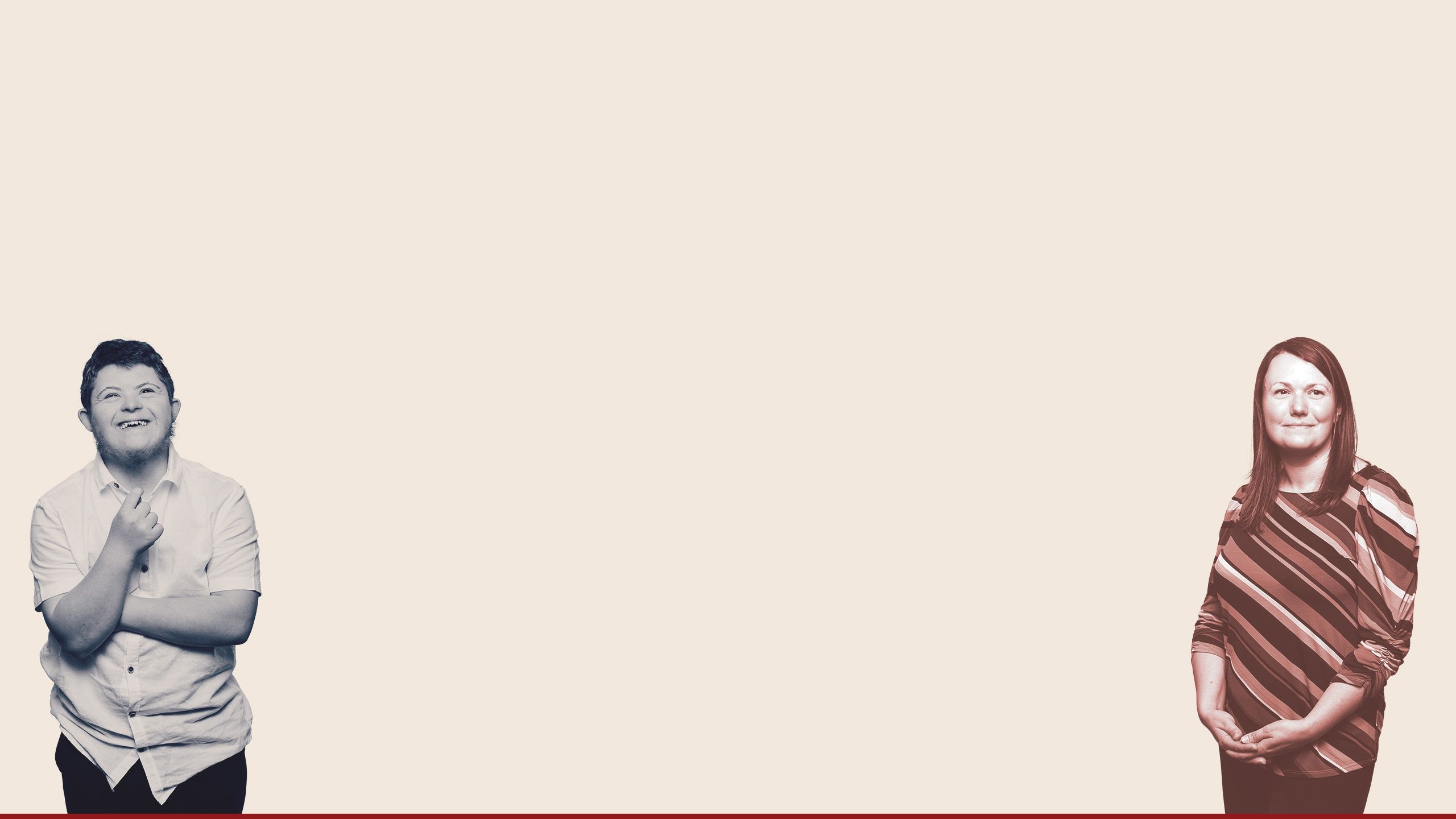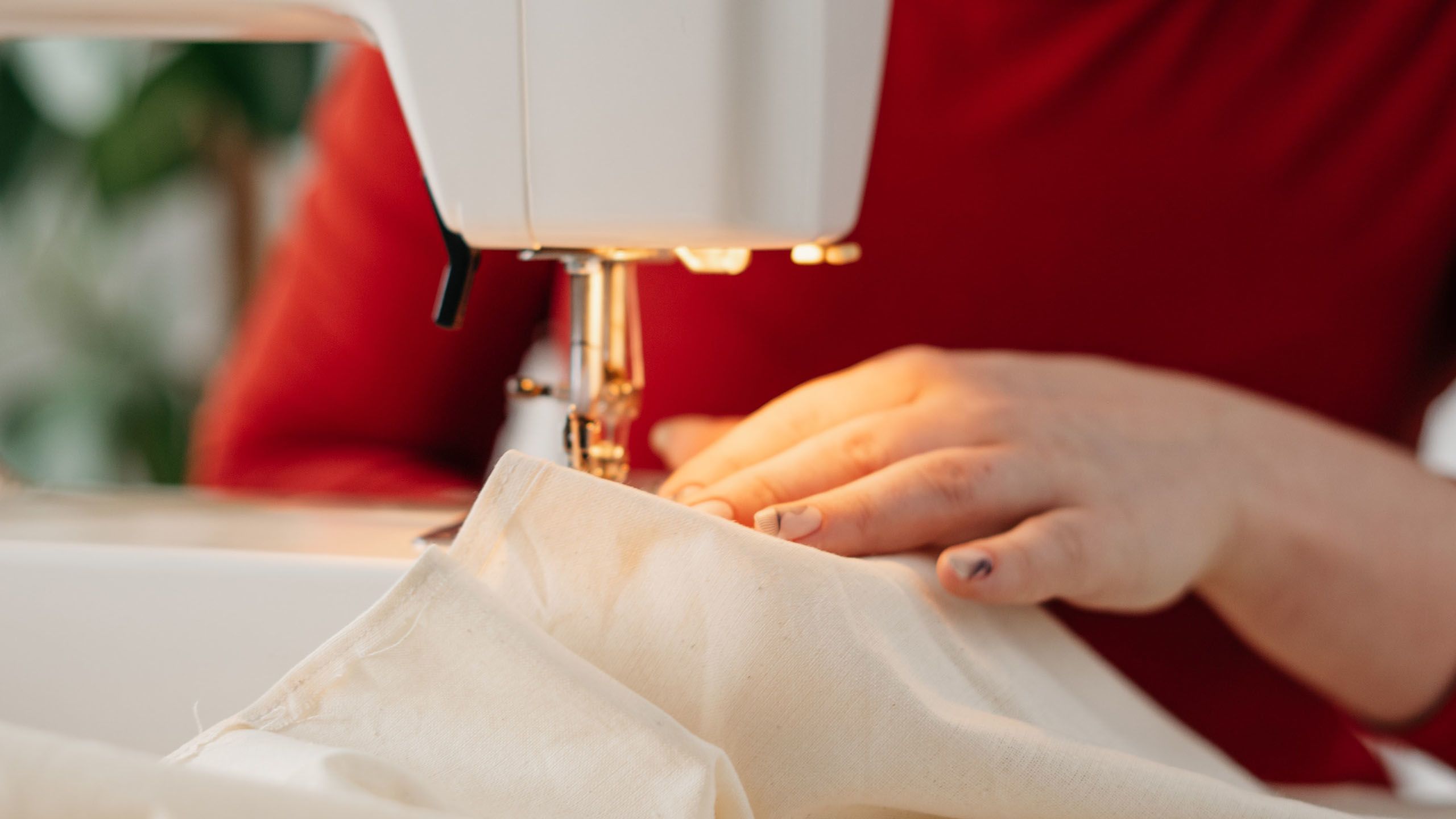Building a network of diverse voices

Sexual violence disproportionately affects women with disabilities. Yet these women can face barriers to reporting incidents or accessing support because of the attitudes of health and social care staff – attitudes that have been all too slow to change through policy and service interventions. Associate Professor Amy M. Russell is working to change this.
In 2021, Amy was seconded to the World Health Organization (WHO) for six months to collaborate on the Global Report on Health Equity for Persons with Disabilities.
“Part of my role was to conduct an evidence review of literature about policies and disability inclusion.” Amy explained.
“10 years earlier, the WHO and World Bank published the World Report on Disability, so I was intrigued to get a detailed sense of what had changed since.”
Unfortunately, the answer was clear: not much.
“It was so disheartening,” Amy said.
“The same cases were being made for change and for a recognition of the needs of people with disabilities, and also a need to consult with people with disabilities and have them at the table when decision making.
“But even though everyone seemed to be in agreement, solutions still weren’t being implemented.”
It was a realisation that saddened Amy, but also moved her to action.
“We thought ‘right, what can we do to highlight this slowness?’ and help deliver real change – because people with disabilities were telling us that they felt as if they were knocking on doors that said ‘open’ but were in fact very much closed.”
People with disabilities felt as if they were knocking on doors that said ‘open’ but were closed.”
Changing policies, not just minds

The Changing the Pace of Change network is one of a portfolio of projects Amy leads to improve the inclusion of people with disabilities in research and healthcare globally. It brings together interdisciplinary researchers, communities and external partners to rethink problems and solutions using arts and humanities based methods.
“When the opportunity to lead the network arose, it seemed like a perfect fit for me because we had seen this slow pace of change and the misrepresentation of people’s stories,” Amy said.
“I would go to these high-level events with ministers of health and we’d hear appalling stories from women with disabilities who were trying to access sexual health services.
“Often they had been turned away because of the belief that women like them ‘couldn’t be sexually active’, or that ‘no-one would want to perpetrate sexual violence’ against a woman with a disability – terrible attitudes and prejudices from clinicians.
“You’d see the emotional reactions in the people hearing these stories, but they wouldn’t turn into action; it dawned on me that there’s no point telling someone’s story to make someone else feel sad for them because it doesn’t really help either of them.
“It hit home that maybe we could focus on pieces of the puzzle that we can solve, like those attitudes, so I drew together a panel of people from my existing contacts through my WHO work and elsewhere. We’re investigating whether the arts and humanities can do anything about this problem.”
One of the aims of the project is to develop a best-practice toolkit around how to have these conversations and reconsider stigma and cultural norms; another is to produce guidance for organisations that support people with disabilities to help them create robust evidence that cannot be ignored or forgotten.
“What we’re hoping to do is make concrete, practical, helpful things so that people who have been influenced emotionally know that actually, they can do X, Y or Z about it.
“From psychology we learn that if you just challenge a person head on, they won’t change their behaviour or their thoughts; you almost have to drip feed them new information and allow them to think it was their idea.”
Finding new ways to communicate change

Amy’s interest in how the arts and humanities could provide new approaches to tackling these challenges started to take shape when she completed a Masters degree in Religion and Public Life, which included a period of fieldwork in Sierra Leone.
“I was looking at how women were being reintegrated into society after conflict, and just how uneven that process was,” she said.
“The men who had perpetrated sexual violence or violence against communities were given computers and motorbikes, and sent back into society with great jobs.
“Women were kept to one side, told they had a shame and a stigma about them, and given sewing machines and advised that perhaps they could make trinkets for tourists.”
It was an illuminating and eye-opening experience.
“I was going around with religious leaders, looking at how they were using faith to address the problem – even though we often think things like religion cause those stigmas and taboos.”
Returning to Leeds, Amy was inspired to do a PhD in Interdisciplinary Gender Studies, exploring social responses to human trafficking and women’s experiences of it.
“Again, there were so many health inequalities and so much stigma, which pushed me towards working in ethnographies in health here at the School of Medicine.”
The move into applied healthcare through the lens of culture means that Amy has oversight in humanities, social sciences and medicine, which has allowed her to design the Changing the Pace of Change network to respond to the challenge of health inequalities for people with disabilities.
Practising what you preach

People with a learning disability are often excluded from research and not enough is done to support them to understand and take part, let alone to create and deliver research. Changing the Pace of Change is one of a portfolio of projects Amy leads to improve the inclusion of people with disabilities in research and healthcare globally.
Her work on another UK project, co-led by Gary Boulet from Learning Disability England and funded by the National Institute of Health Research, ‘No research about us without us’, is examining the barriers stopping research from including people with a learning disability.
Amy secured funding from the Wellcome Trust to hire researcher Archie Wilson, who has a learning disability. Archie worked with Amy on a project about what people with a learning disability think about research and how they understand capacity to consent to research. His role as a Project Officer made him the first person with a learning disability to be employed in a research role in the School of Medicine and, Amy hopes, the first of many as he has created a pathway for others to follow.
It’s a reflection of her beliefs in practising what you preach and that “hard to reach just means you’re not trying hard enough”.
Amy’s drive to challenge prejudices with interdisciplinary approaches and solutions is breaking down health inequality barriers for people with disabilities.
If you’re interested in learning more about any of the projects featured including future collaboration with Amy and the team here at The University of Leeds, please email Amy at a.m.russell@leeds.ac.uk
About Amy
Amy M. Russell is an Associate Professor and Wellcome Trust Fellow in the School of Medicine at the University of Leeds.
Her background is in social sciences and humanities, with her recent work applying this expertise to the topic of health inequalities.
Amy was formerly the Deputy Director of the Centre for Interdisciplinary Gender Studies in the School of Sociology and Social Policy, and remains an affiliated member.
She is currently the lead on three grants; a Wellcome Trust Fellowship about Capacity, consent and autonomy in health research for people with a learning disability, the AHRC grant ‘Changing the pace of Change’ and ‘No Research About us, Without us’ a National Institute of Health and Care research grant which she co-leads with Gary Bourlet from Learning Disability England.